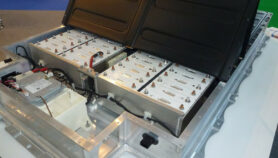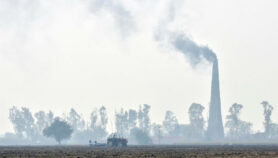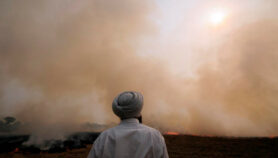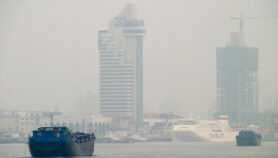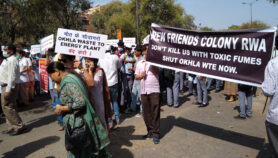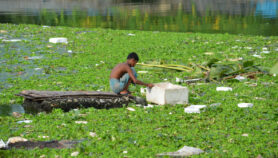14/04/21
Delhi’s poor return to dirty fuel in COVID-19 lockdown
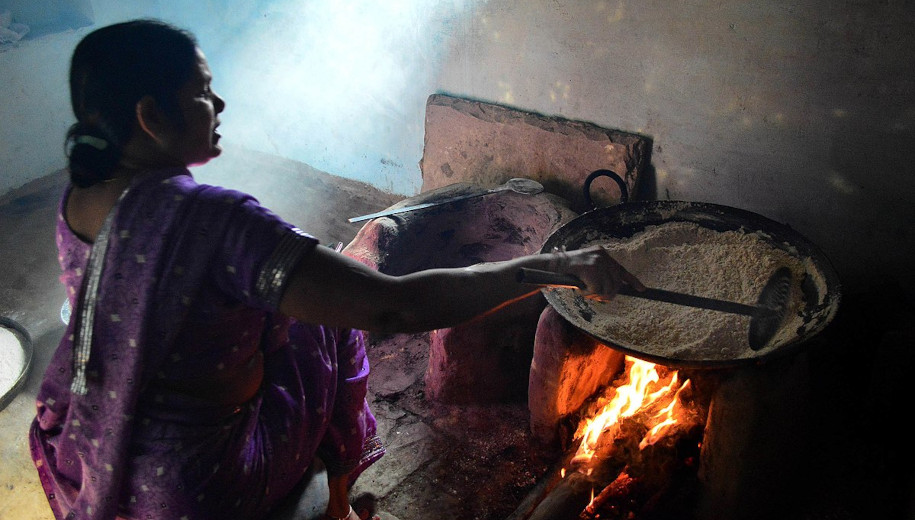
By: Ranjit Devraj
Send to a friend
The details you provide on this page will not be used to send unsolicited email, and will not be sold to a 3rd party. See privacy policy.
[NEW DELHI] COVID-19 lockdowns exposed many truths but none so stark as the poverty that exists in the Indian capital of New Delhi as desperate urban poor families were compelled to switch to wood and dung to keep home fires going.
A study released this month by the environmental NGO Chintan suggests that urban poverty may be worse than India’s rural areas because of unhygienic living conditions, including high indoor pollution levels generated by burning biomass in confined living spaces.
According to the study 36 per cent of low-income housing groups in New Delhi rely on ‘unclean’ sources of fuel for their cooking needs. About a third of Delhi’s population of 20 million people live in sub-standard housing, according to an official planning document released this year.
Chintan’s study, based on a two-phase survey to study the impact of COVID-19 lockdowns, showed that income reductions drove close to 49 per cent of the low-income housing groups — more than five million people — to abandon the cleaner liquid petroleum gas (LPG) and use solid fuels.
Chintan tracked eight communities across Delhi during the lockdown and for five weeks after it was lifted to assess fuel usage. A second dataset was drawn up using 61 waste picker households that were given LPG gas cylinders.
Interestingly, less than 24 per cent of households were using LPG for cooking before Chintan stepped in with a relief programme. So, households in both the experimental and control groups were equally unlikely to have been using LPG for cooking. It also means that unless LPG is provided free or subsidised to poor urban households they were not likely to use it despite being exposed to high levels of indoor air pollution from complete or partial reliance on unclean fuels.
According to Shaily Jha, a research analyst at the Council on Energy, Environment and Water, the urban poor just cannot pay upfront for clean cooking gas but must wait for subsidies.
“I prefer to use LPG but I cannot afford it and use whatever I can get hold of to cook meals for my family,” says Suman Devi, a housemaid. “This makes me cough incessantly but there’s nothing I can do about it.”
Clearly income was a major factor in the choice of fuels — many returned to using LPG once the lockdown was lifted, the survey shows.
Bharati Chaturvedi, Chintan’s founder-director, estimates that poor urban households in Delhi cannot afford to spend more than $US5 a month on clean cooking fuel and that they will need assistance from government or other schemes.
“COVID-19 lockdowns have so weakened the economy that LPG prices have been going through the roof and no one is stepping in with an intervention to improve Delhi’s reputation as the world’s smoggiest capital”
Ranjit Devraj*
The problem though is that COVID-19 lockdowns have so weakened the economy that LPG prices have been going through the roof and no one is stepping in with an intervention to improve Delhi’s reputation as the world’s smoggiest capital.
The harsh reality for people like Devi is that US$12 for a cylinder of LPG which may only last two months at best is just too expensive. Nothing, it seems, is as grimy as poverty.
This piece was produced by SciDev.Net’s Asia & Pacific desk.
*This article has been amended on 10 May 2021 to correct the attribution of the quote, which was earlier misattributed to Jonathan Cushing, Transparency International’s global health team.









